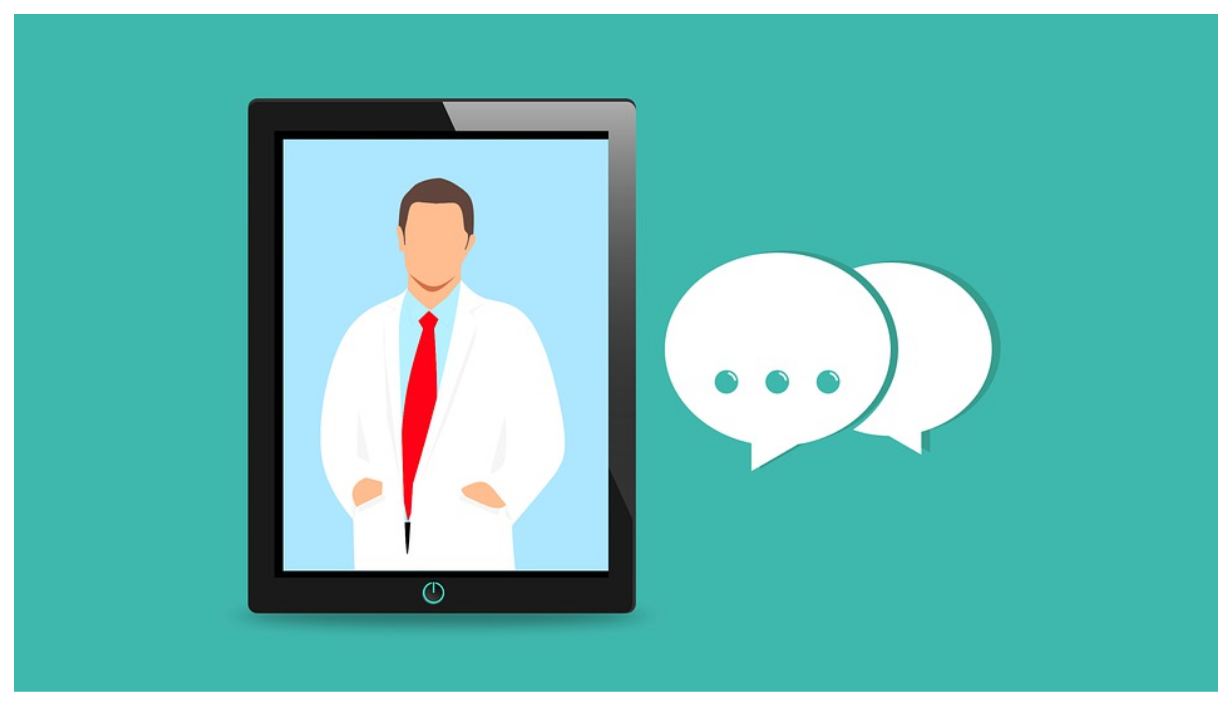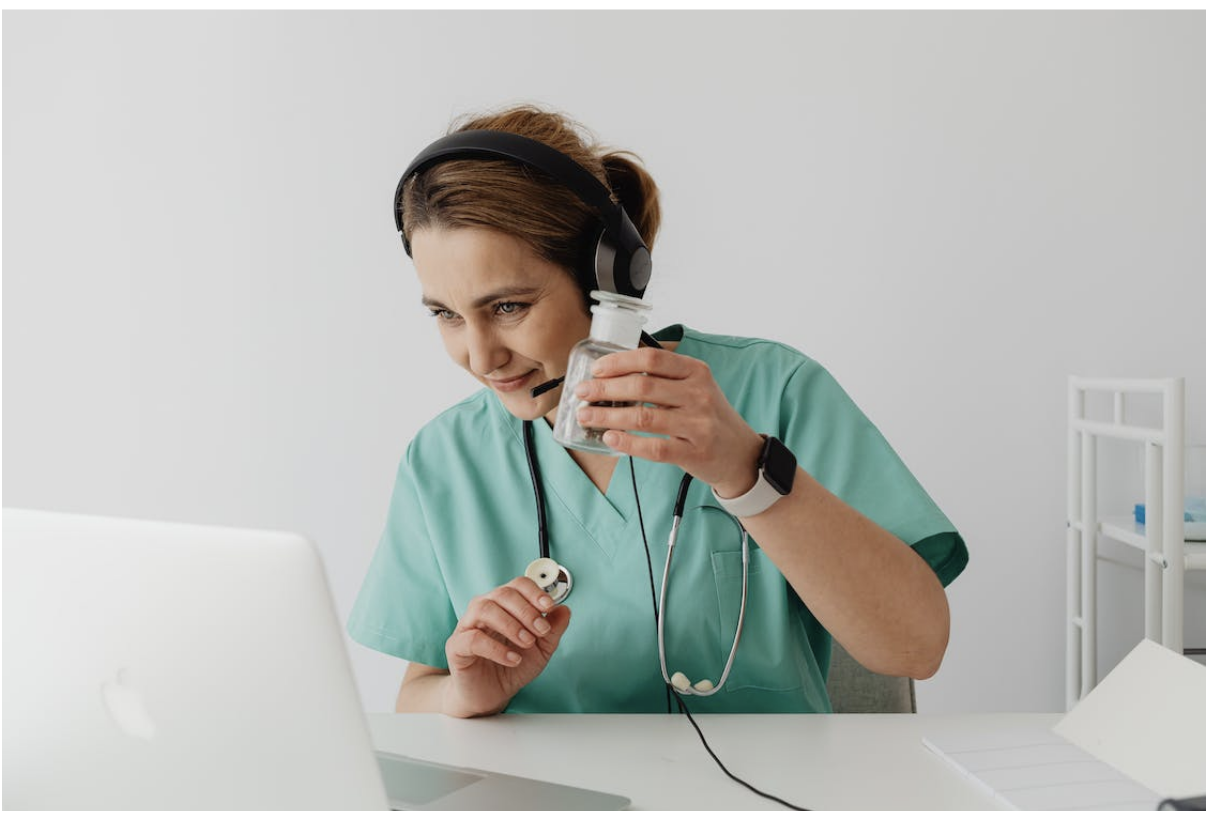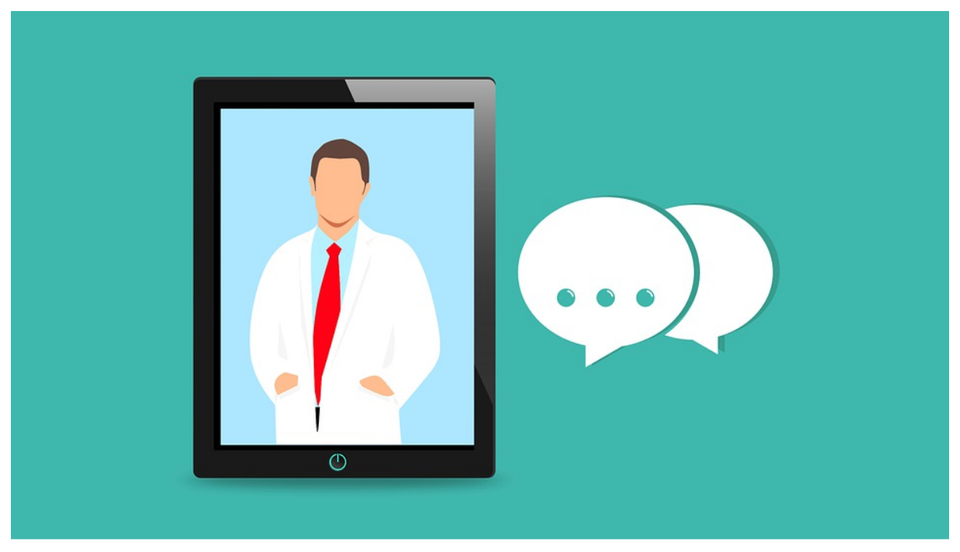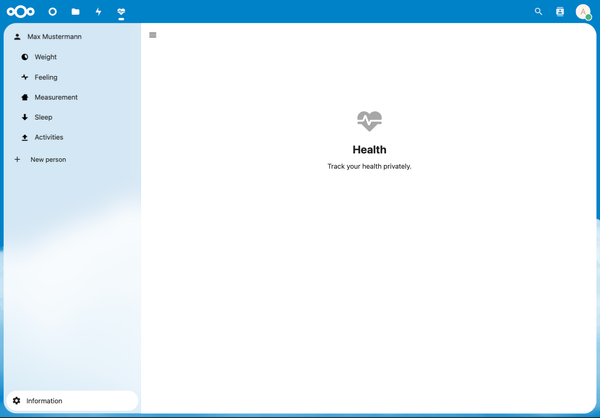How The Internet Can Help You Offer Better Healthcare To Your Patients
With the advent of technology, it is now easier than ever to offer better healthcare services to your patients. The internet provides a wealth of resources that can be used to improve patient care and make the process more efficient.
From online appointment scheduling systems and telehealth services to digital medical records and remote monitoring tools, there are countless ways for healthcare providers to leverage technology to deliver high-quality medical care.
Therefore, this article will discuss six specific ways that you can use the internet as a tool for offering better healthcare services for your patients. Let's dive in!

Online appointment scheduling
Utilizing an online appointment scheduling system allows you to make it easier for your patients to access appointments with you. This can save time and money for both the patient and provider, as manual forms of scheduling are often cumbersome and inefficient. According to MW Therapy, all businesses with front desks or receptionists should use an online booking system as it reduces administrative costs and prevents any double bookings. Additionally, it can streamline the patient workflow process while ensuring that no appointment slots go unused.
However, it is important to note that some patients may still prefer to call in or visit the office in person to book an appointment. Therefore, providing both online and offline scheduling options can be beneficial for accommodating all patient needs.
Telehealth services
Telehealth is a great way to provide medical care without requiring your patients to visit you in person. With telehealth services, you can offer virtual consultations and remote monitoring for your patients. This allows them to access care from the comfort of their own home and can be especially beneficial for elderly or disabled patients who are unable to come into the office.
Additionally, many states have relaxed regulations on telehealth services in response to the COVID-19 pandemic, making it even easier to offer remote care.
Digital medical records
Having digital medical records is essential for providing better patient care and ensuring accuracy in healthcare documentation. With digital files, you can easily store and access a patient’s medical history, including lab results, prescriptions, treatment plans, and more. This information can be easily accessed by both you and your patient, making it easier to provide the necessary care. Additionally, digital records are more secure than paper files, reducing the risk of data breaches or unauthorized access.
Digital records can be difficult to keep up with, as they require constant maintenance and updates. This can be especially challenging for busy healthcare providers who need to manage their patient data in addition to their diagnostics, treatments, and other clinical duties. However, with the help of an electronic health record (EHR) system, you can easily manage your patient data and ensure that all records are properly updated.
Remote monitoring tools
Remote monitoring tools are a great way to provide ongoing care for chronic medical conditions without requiring patients to come into the office. By using remote monitoring technologies such as fitness trackers, blood pressure monitors, glucose meters, and other wearable devices, you can track a patient’s vital signs and provide them with real-time feedback.
Additionally, these tools can be used to help patients better manage their conditions and stay on top of any changes in their health status.
Online educational resources
The internet also provides a wealth of educational resources that can be used to help patients better understand their medical conditions. You can create educational materials yourself, or you can direct your patients to other websites and resources that are available online. This is a great way to empower your patients and ensure they have the information they need to make informed decisions about their health.
For instance, you can create a website for your practice and include educational content such as videos, blog posts, articles, and more. Additionally, you can link to other websites that contain relevant information about medical topics. Doing this will not only help patients better understand their healthcare needs but also give them access to reliable sources of information.
Online reviews
The Internet is also a great way to get feedback from your patients and build your practice’s reputation. Many patients now use online review sites such as Yelp or Google to rate their experience with healthcare providers.
By actively managing these reviews, you can ensure that your practice is accurately represented online and make sure that any negative experiences are addressed. Furthermore, positive reviews can help to attract new patients and give your practice the boost it needs to stand out from the competition.

The Internet provides a wealth of opportunities for healthcare providers to offer better care and services to their patients. From telehealth services and digital records to remote monitoring tools and online educational resources, there are plenty of ways that you can use the internet to improve your patient’s experience with your practice. Additionally, by actively managing online reviews, you can ensure that your practice is accurately represented on review sites such as Yelp or Google. With these tips in mind, you should have no problem offering superior healthcare services using the power of the internet.







